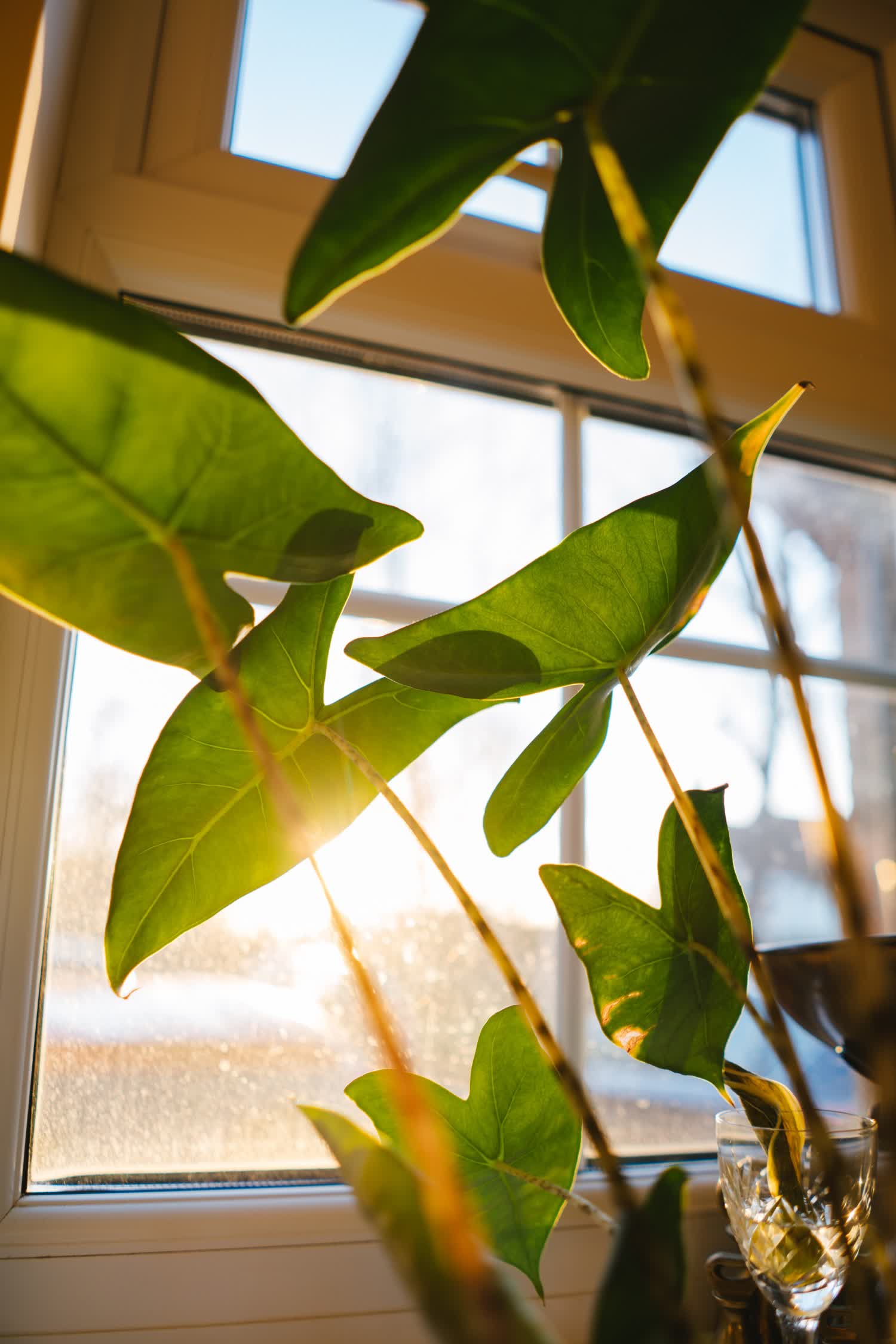In brief: A Paris-based startup called Neoplants is putting the finishing touches on a genetically modified houseplant it claims is capable of removing volatile organic compounds (VOCs) like formaldehyde, xylene, benzene, ethylbenzene, and toluene from the air we breathe.
The designer plant is a mutated version of golden pothos, a houseplant commonly known as Devil's Ivy. Dubbed Neo P1, the plant can reportedly turn the VOCs it absorbs into useful materials like carbon dioxide and sugar that promote further growth.
Neoplants has already raised $20 million in seed money from several investors including Collaborative Fund and True Ventures. The startup plans to start selling its Neo P1 plants later this year for $179 each. That's roughly in line with what you might expect to pay for a moderately sized HEPA air purifier.
The $64,000 question is, can a single houseplant - even one with enhanced toxin-absorbing capabilities - have any meaningful impact on air quality? The jury is still out.

As Wired highlights, there's no shortage of plants already being sold that can effectively scrub the air. Almost all of these fall back to the results of a flawed NASA study from the late 80s that isn't representative of real-world environments.
These "chamber experiments" involved blowing polluted air over a plant for many hours or days at a time then measuring the results. In the real world, a plant is not going to have polluted air blowing over it constantly 24/7. A follow-up from Drexel University in 2019 concluded that you would need anywhere between 10 and 1,000 plants per square meter to equal the results typically observed in a chamber experiment. Simply opening a window can be just as effective.
In its defense, Neoplants is building scale bedrooms to better gauge the effectiveness of its Neo P1. For now, the company has its own lab-based chamber study to go on, which found its plants to be 30 times more effective than NASA's top performing plants.
